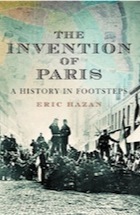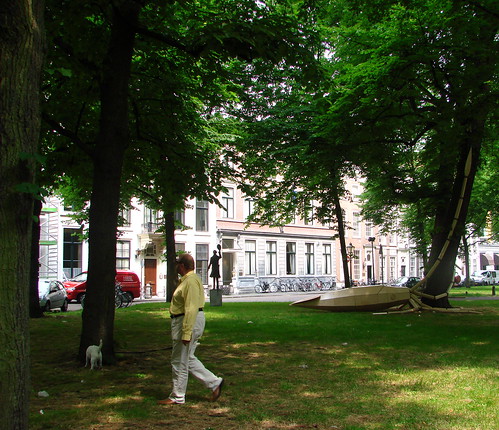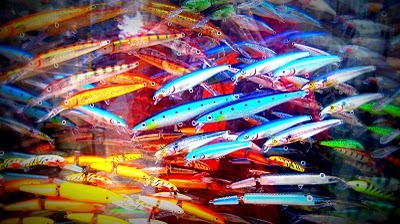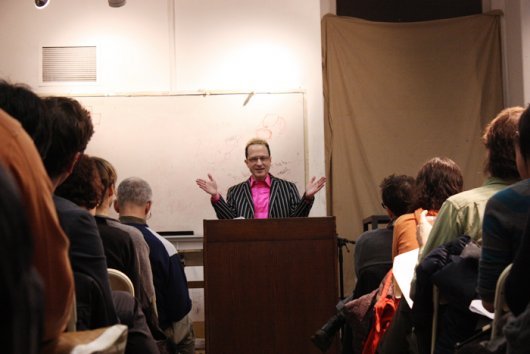An Ann Arborite in Paris
I often take to wandering the city [Paris] toute-seule and although I do tend to find some really neat things, or things that I really didn’t expect to come across (especially in the 16th) I still think that this a city of meeting up with people, of being headed to somewhere where a group awaits you. I’ve often wondered how a Parisian would survive in Ann Arbor.
Yesterday’s post on La Flânerie was a halting but thoughtful rumination on cultural/social differences between studying abroad in Paris and living in cozier, more familiar Ann Arbor, Michigan. And more too… the differences between solo flânerie and group meandering, between France and Spain, between urban and rural. In closing Emily affirms that she’ll continue trying to understand Paris, but she also leaves us with a more universal and contemplative question: “So how are some people so easily flowing in the hyper-social society while others are perfectly content to have their jobs and come home… and stay there?”
Read the full post at Em Wanders Paris.















